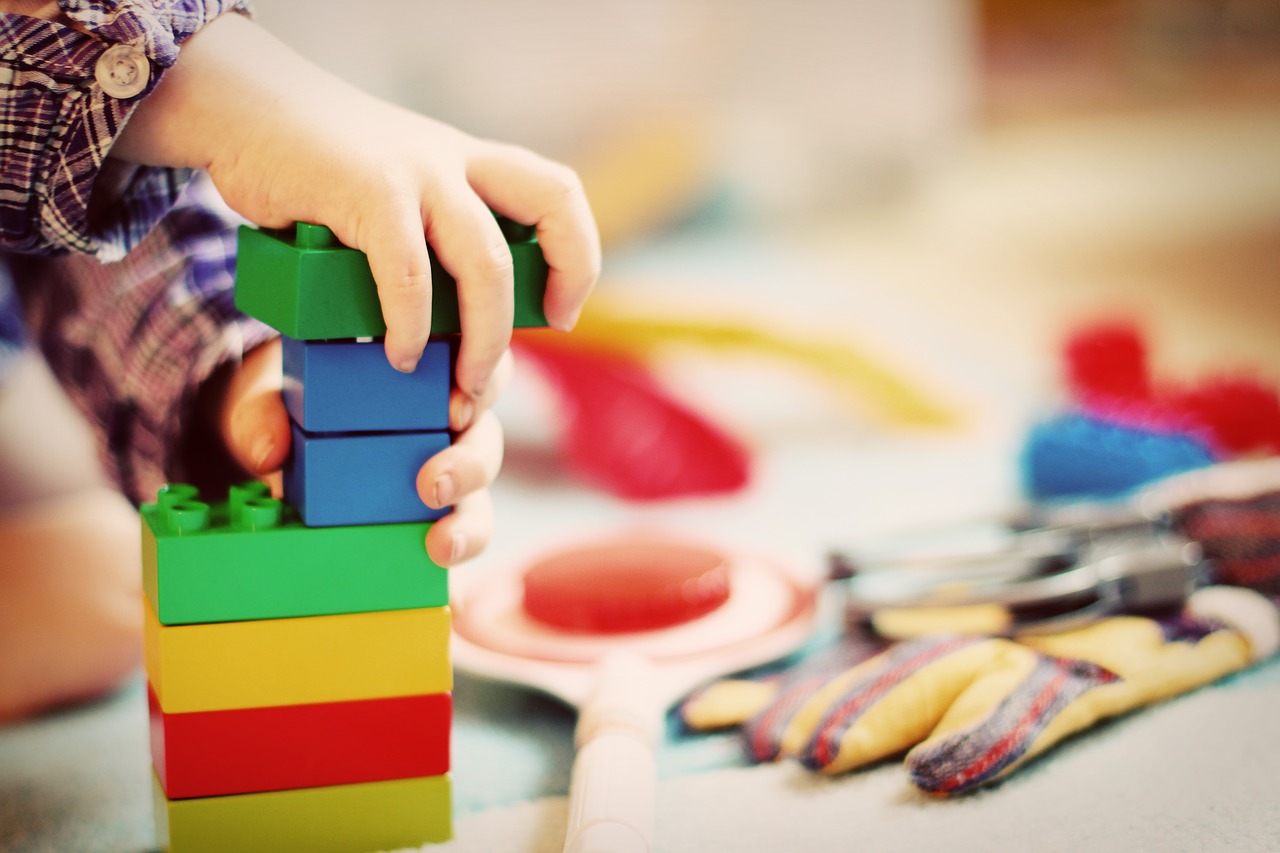5 Ways Families Influence Early Childhood Development
Young children rely on their families to meet their most basic physical needs, such as food and shelter, and to teach them skills, such as walking and talking. However, the role of the family during the first few years of a child’s life goes well beyond these basic needs.
1. Knowledge and Skills
Not all learning takes place in a classroom. You are the teacher during the most critical years of your child’s development. Your child will learn essential skills by watching, listening, and of course, asking seemingly endless questions!
Day-to-day life offers many opportunities to help your child learn new skills. You can involve your child in an age-appropriate way in daily activities such as cooking and cleaning. Children enjoy the feeling of helping, and they will learn skills and habits that will be useful to them as they grow.
2. Values and Respect
In addition to skills and knowledge, children learn values from their families. While it is important to discuss your values with your child, it is even more important to act out your values. Remember that your child learns by watching your behaviour, so your actions need to match your words. By following your example, your child will learn how to speak, how to behave, and how to treat others.
Inevitably, you will make mistakes and do things that don’t reflect the values you want to teach your child. No one is perfect, after all! When this happens, you can use it as a teaching opportunity by acknowledging your mistake, apologising, and making amends when possible. The way conflict is handled in your family will shape your child’s future behaviour.
3. Books and Stories
Reading to your child is one of the best things you can do for early childhood development. Whether you’re curled up in your favourite chair, snuggled under the covers at bedtime, or passing the time during a long car, train or plane ride, reading together is precious family time. When you read to your child, you’re not only spending quality time together; you’re helping your child develop listening skills, an active imagination, and a love of reading at an early age. The books you read to your child can also shape your child’s personality by sparking new interests and introducing new ideas.
In addition to reading books, it is good to share stories with your child. Stories are a way for families to pass down culture and history to future generations. Grandparents and other elders in the family often have numerous stories to share. Listening to these stories can be an opportunity for children to bond with older relatives.
4. Play and Learning
Young children gain important skills and knowledge through playing with toys, dressing up in costumes, or simply using their imaginations. Children often base their pretend play on things they see adults doing, such as cooking, caretaking, working, driving and shopping. By acting out these activities in play, they are learning about the world and practising social interactions.
Educational toys can provide hours of entertainment for children and instill a love of learning. From architecture to zoology, there are toys, games and kits for nearly every subject. Providing your child with a toy that relates to your child’s current interests is a great way to show that you care. By playing together, you can spend quality time with your child while encouraging learning and curiosity. You might even learn something new yourself!
5. Structure and Security
An important role of the family is to provide structure and discipline for a growing child. This doesn’t mean you need to be strict or stern; what matters is setting appropriate boundaries and being consistent so that your child knows what to expect. By providing your child with boundaries, structure, and discipline, you can create a home in which your child feels secure and confident.
Your home and family should be a source of love, comfort and safety, especially when your child is very young. It is important to let your child know that your love is unconditional and that it is safe to talk with you about emotions and struggles. You can model this for your child by speaking openly about your own feelings. When children feel safe and supported at home with their families, they are free to play, learn and grow.

